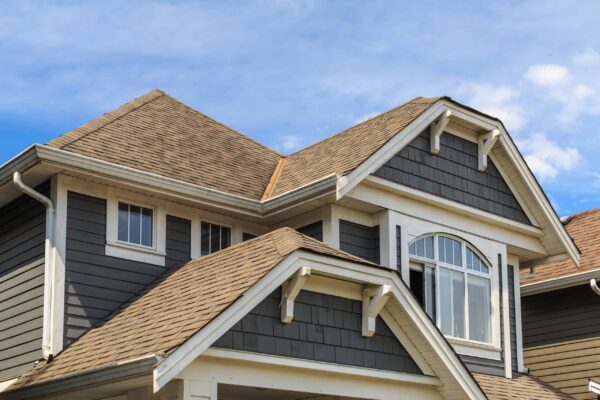Your roof is more than just a protective barrier against the elements—it’s a critical component of your home’s overall ventilation system. Proper roof ventilation plays a crucial role in maintaining a comfortable indoor environment, preventing moisture buildup, and extending the lifespan of your roof. In this guide, your favorite Maine roofers will explain why roof ventilation is essential and how you can ensure your home stays cool and dry year-round.
Why Roof Ventilation Matters
Temperature Regulation
During hot summer months, your attic can become a heat trap, reaching temperatures significantly higher than the outside air. Proper roof ventilation allows hot air to escape, reducing the temperature inside your attic and preventing heat from radiating down into your living spaces. In winter, ventilation helps prevent condensation and ice dams by maintaining consistent airflow and temperature.
Moisture Control
Moisture buildup in your attic can lead to a host of problems, including mold and mildew growth, wood rot, and damage to insulation and structural components. Roof ventilation helps expel excess moisture, allowing humidity levels to remain balanced and preventing water vapor from accumulating and causing damage.
Extended Roof Lifespan
Excessive heat and moisture can accelerate the deterioration of roofing materials, leading to premature aging and structural issues. Proper ventilation helps prolong the life of your roof by reducing temperature fluctuations and moisture-related damage, ultimately saving you money on repairs and replacements.
How to Achieve Proper Roof Ventilation
Install Soffit and Ridge Vents
The most effective method of roof ventilation is a combination of intake and exhaust vents. Soffit vents installed along the eaves allow fresh air to enter the attic, while ridge vents positioned at the peak of the roof provide an outlet for hot, moist air to escape. This continuous airflow creates a balanced ventilation system.
Ensure Adequate Airflow
Proper ventilation relies on sufficient airflow throughout the attic space. Avoid blocking airflow by maintaining clear pathways from soffit vents to ridge vents and removing any obstructions, such as insulation or debris, that may impede ventilation.
Consider Attic Fans
In addition to passive ventilation methods, attic fans can help enhance airflow and remove excess heat and moisture, especially in areas with limited natural ventilation. However, it’s essential to size and install attic fans correctly to avoid over ventilation or creating negative pressure within the attic.
Seal Air Leaks
Proper insulation and air sealing are essential for maximizing the effectiveness of your roof ventilation system. Seal gaps, cracks, and openings in the attic floor, walls, and around penetrations to prevent conditioned air from escaping and outdoor air from infiltrating.
Ridgeline Home Services | Maine Roofers
In need of roofing services this season? You can rely on our Maine roofers to provide you with the utmost quality and care your home deserves. To explore our services, we encourage you to check out our website or contact our team for more information.


